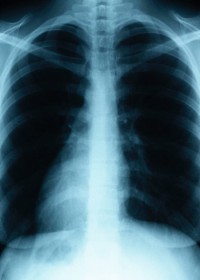
The scent of cancer caused a national ruckus recently when a New Mexico school principal banned a mother with stage 4 breast cancer from participating in school activities with her children (see our November 18, 2013 tweets). Why? School staff complained about her smell!
The incident raised the ire of people in the woman’s own community and across the nation. Messages poured in condemning the principal’s decision and supporting the cancer patient and her family. The take-away message was that cancer patients and their families rely on and profit from the support of their families, friends and community; but the incident also piqued people’s curiosity. Does cancer affect the way a person smells?
Body odor is the natural result of the expulsion of waste products through our breath, blood, urine and skin. The way we smell can be affected by changes in body chemistry. Certain dietary practices, diseases and medications are known to cause changes in body scent. Chemotherapy appears to have been the cause of the chemical scent that created so much trouble for the New Mexico mom. But the evidence linking cancer to scent is largely experiential.
Organic chemist George Preti of the Monell Chemical Senses Center, who has spent more than 40 years studying human scent, hopes to change that. Working with an interdisciplinary team from the University of Pennsylvania, Preti is now attempting to identify the scent of cancer, specifically ovarian cancer. If Preti’s team is successful, the ability to scent cancer in its early stages before it is detectable by other methods could prove to be a powerful diagnostic tool.





